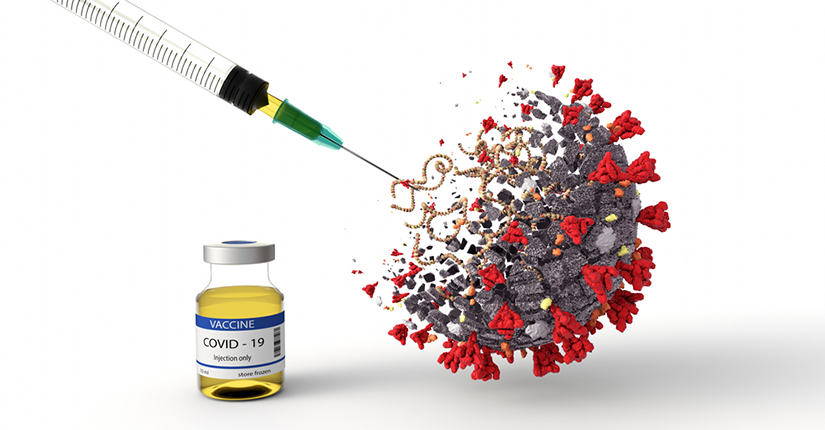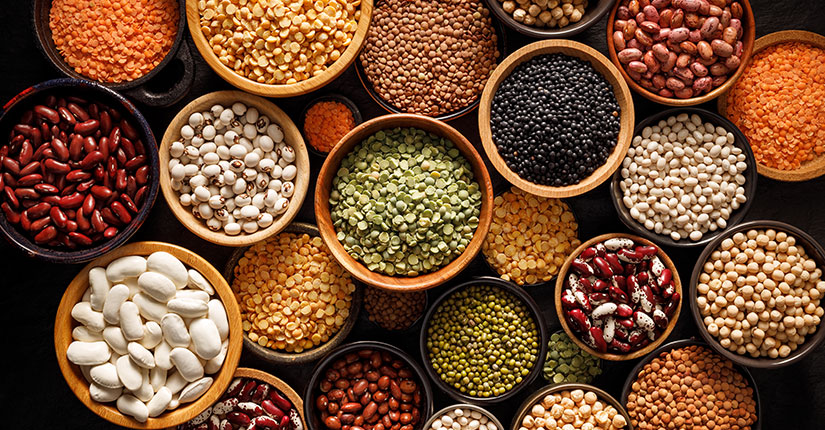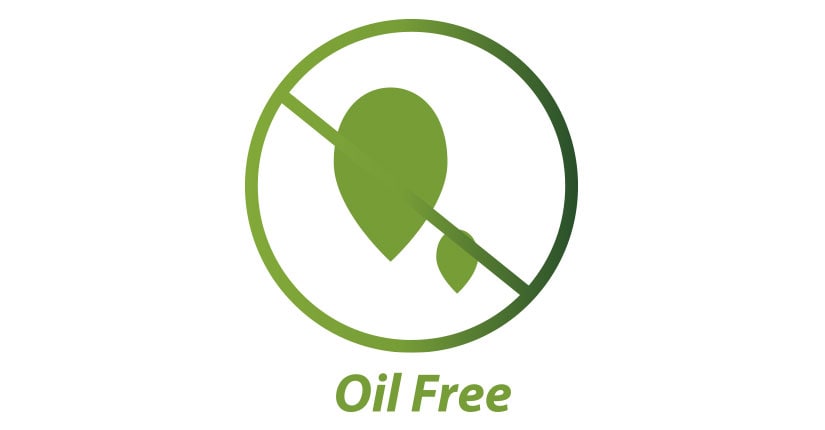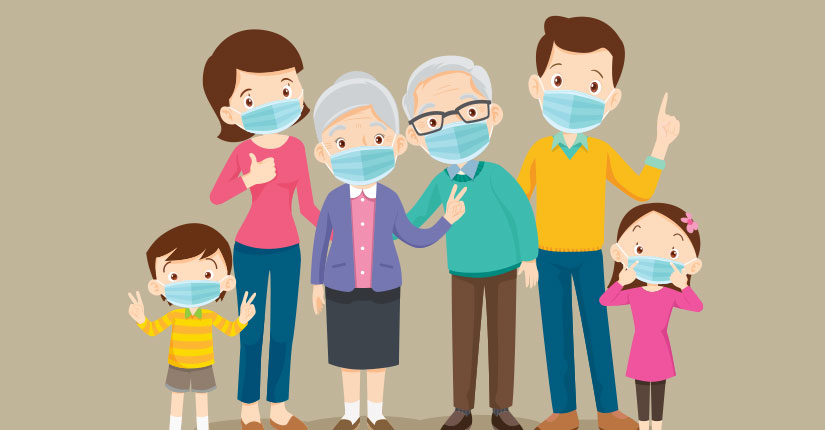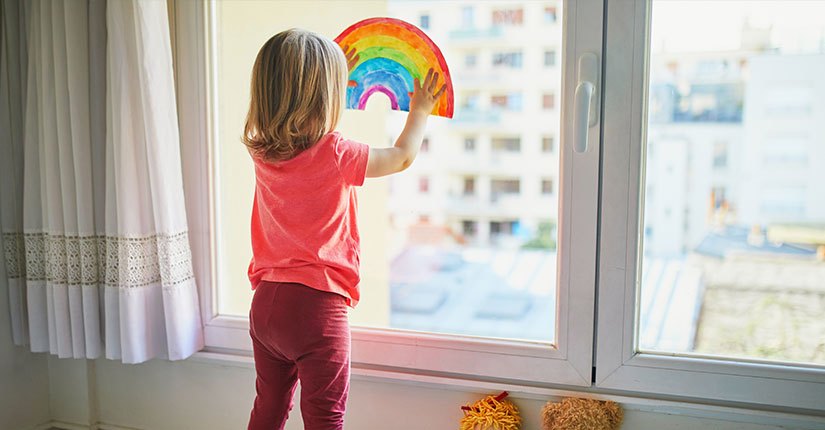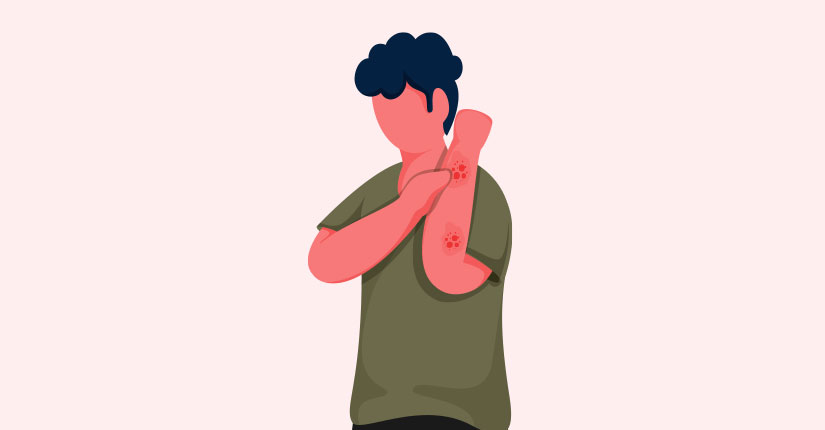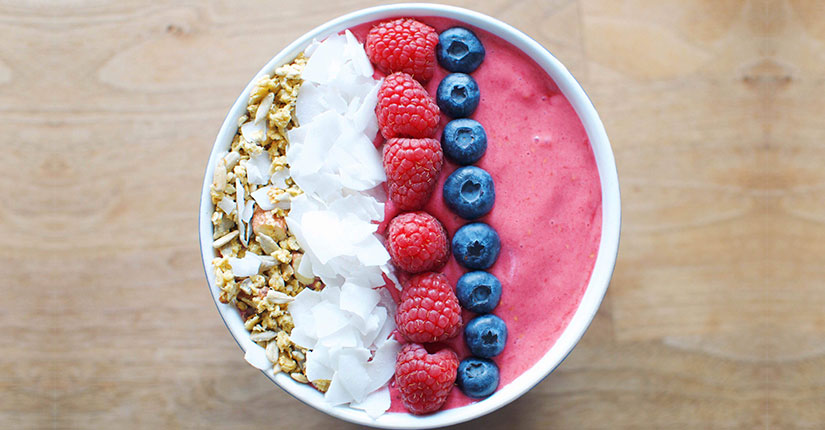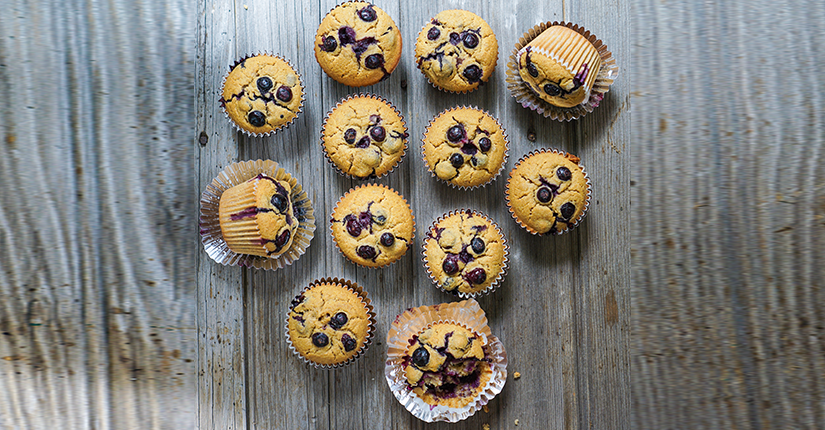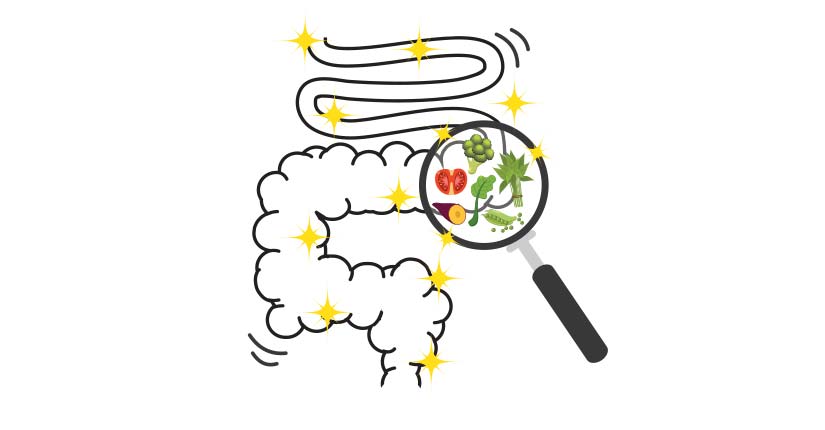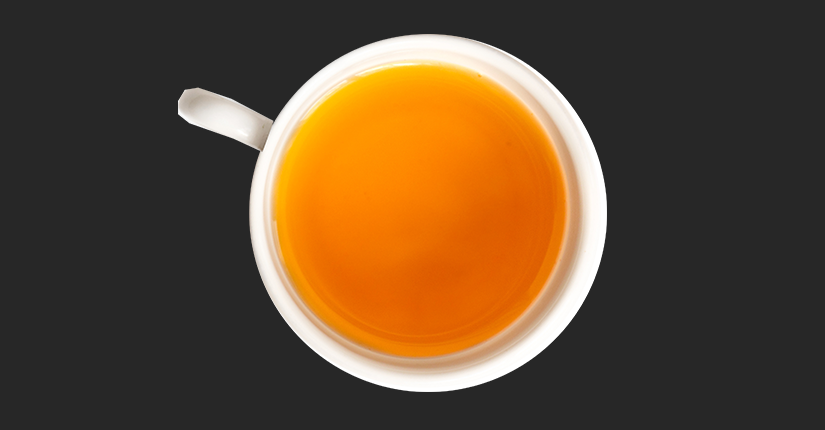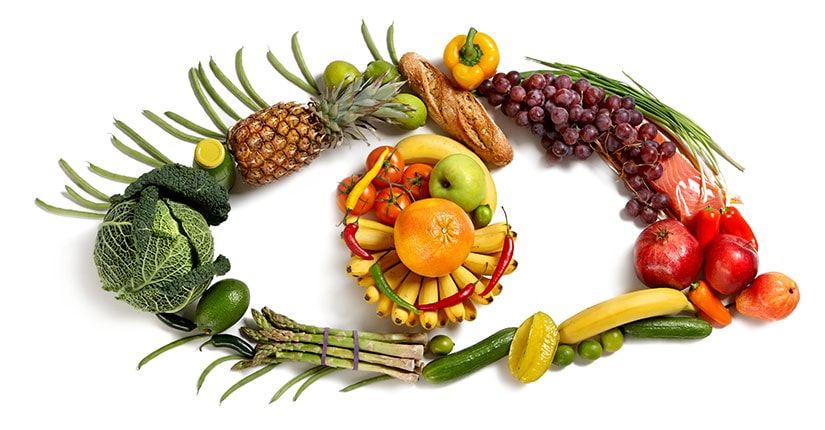A Study Said that Coronavirus can Stay on Glass and Currency for 28 Days
By Nmami Life Editorial 22-Oct 2020 Reading Time: 4 Mins
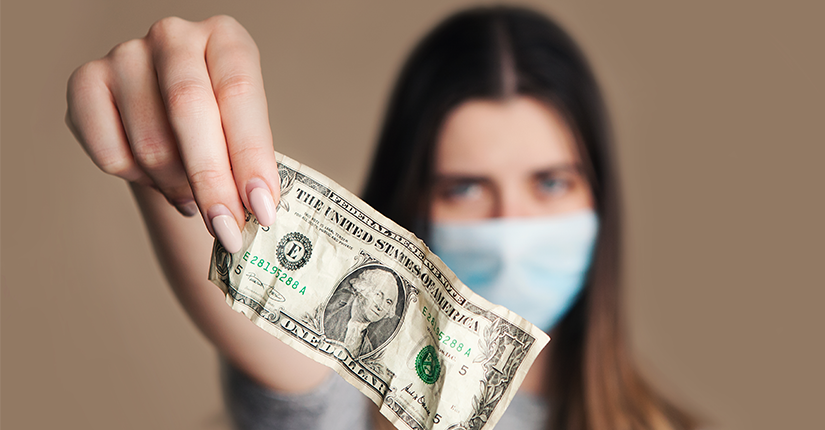
“Coronavirus can endure on glass, banknotes, and stainless steel for up to 28 days, Australian researchers said on Monday, highlighting the unceasing need of handwashing and cleaning.”
The study conducted by Australia’s National Science Agency, CSIRO, shows that the virus in a very controlled environment was contagious for longer than other studies.
CSIRO, researchers found that at 20 degrees Celsius (68 Fahrenheit), the SARS-CoV-2 virus remains contagious in glass found on a smooth surface for 28 days, such as plastic banknotes and mobile phone screens. The study was published in the journal Virology.
“It really reinforces the importance of washing hands and erasing surfaces where possible and certainly those that may be exposed to the virus,” said Shane Riddell, lead researcher of the study.
The World Health Organization (WHO) said that the study conducted on the basis of previous experimental studies used its existing guidance on hand washing and disinfection of surfaces.
“The constant detection of SARS-Cove-2 in experimental conditions from this study is not unexpected and informs our understanding of the survival of the virus,” WHO infection prevention and control expert, April Rayler, told Reuters.” At this time it won’t change who’s recommendations.
EVALUATION OF INFECTIOUS TRACES
Paul Digard, a virology expert at the Edinburgh University Roslin Institute in Britain, said it is important that researchers had measured the infectious virus, not only identifiable bits of the virus but also added that it is also important to remember that infectiousness ends over time.
“So the amount of virus that survives in 28 days is very low and therefore the chances of infecting someone are much lower than the high amount present when the virus accumulates fresh,” he said.
A study was studied to include the virus drying in artificial mucus on several surfaces on surfaces similar to samples from COVID-19 patients and then recovering the virus in a month.
Experiments conducted at 20, 30 and 40 °C showed that the virus survives for a long time at cold temperatures, on smooth surfaces like cotton and longer on paper notes than plastic notes.
All experiments were carried out in the dark to remove the effects of ultraviolet light as research has shown that direct sunlight can kill the virus.
“So in the real world, the results will look like what we were able to show,” Riddell told Reuters. “
Over to you:
Proteins and fats in body fluids can also rapidly increase the virus’s survival, their study can help explain the apparent persistence and spread of the virus in a calm environment such as meat-packing plants, the researchers said.



